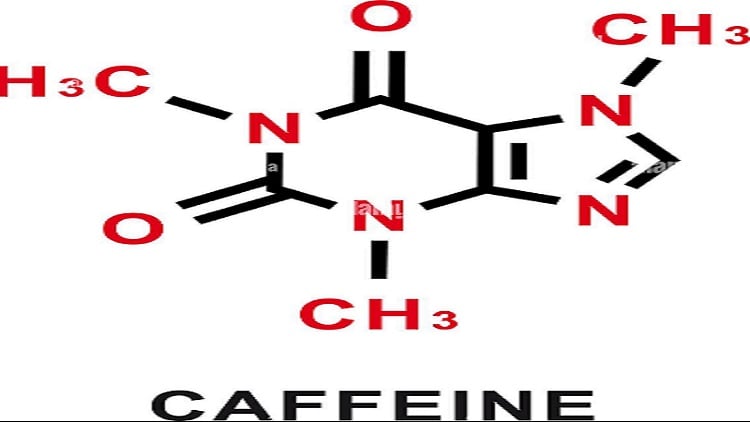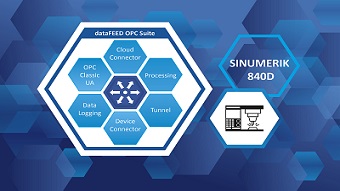A java jolt for fuel cells
S. Himmelstein | May 06, 2024 The addition of caffeine can enhance the efficiency of fuel cells. Source: Oleksandr Drypsiak/Alamy Stock Vector
The addition of caffeine can enhance the efficiency of fuel cells. Source: Oleksandr Drypsiak/Alamy Stock Vector
If drinking coffee can stimulate human productivity, imagine what its most invigorating component can do for fuel cells. The addition of caffeine to platinum electrodes was demonstrated by researchers from Chiba University, Japan, to juice up fuel cell efficiency and reduce requirements for platinum catalysts.
The inclusion of caffeine was found to increase catalysis of the oxygen reduction reaction. The compound adsorbs onto the electrode’s surface, preventing hydrogen adsorption and the formation of platinum oxide on the electrode.
Current flow was monitored through platinum electrodes, with surface atoms arranged in specific orientations, immersed in an electrolyte containing caffeine. When exposed to a caffeine molar concentration of 1 x 10-6, the oxygen reduction reaction activity increased by up to 11 times for some of these directional arrangements. The elevated reaction activity was attributed to the decreased platinum hydroxide coverage and lower steric hindrance of the adsorbed caffeine.
The greatest performance improvement reported in Communications Chemistry was observed for platinum surfaces with a molecular plane perpendicular to the electrode surface.




